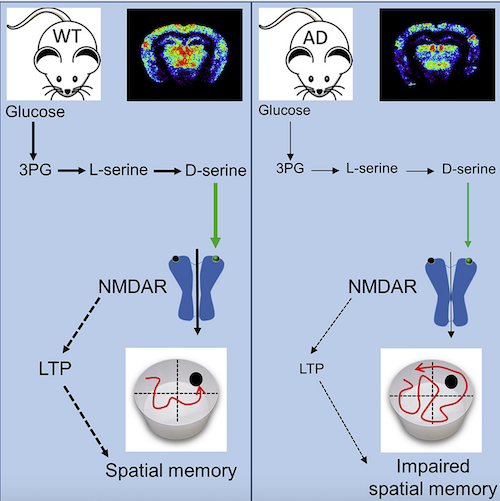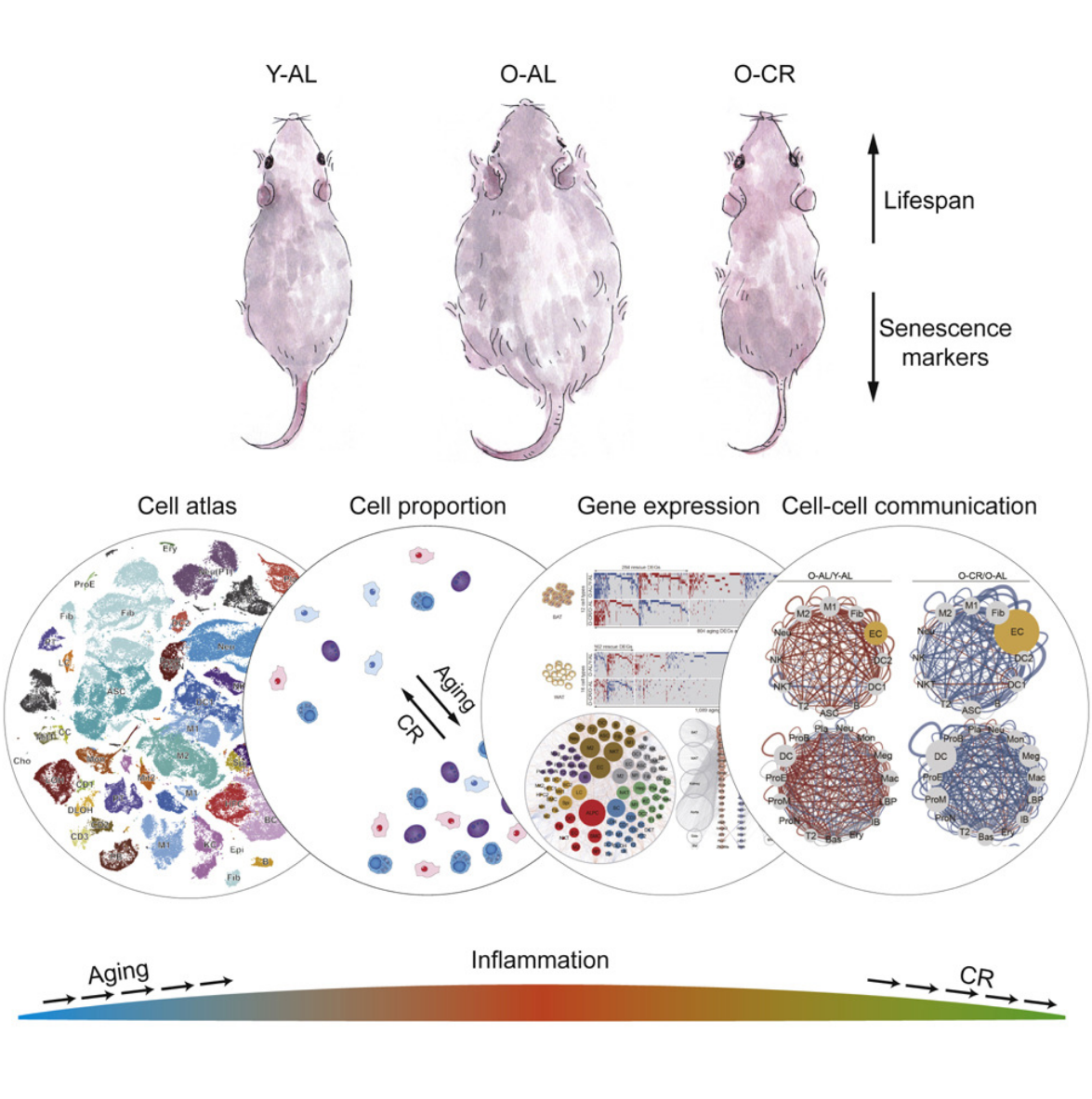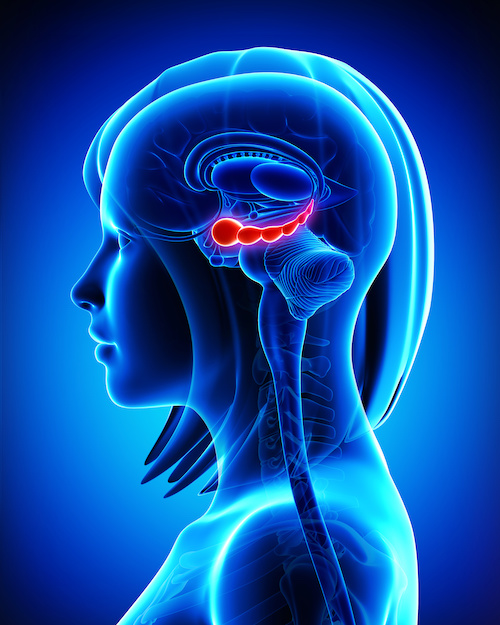Two Studies Show Lutein May Offer Cognitive and Mental Focus Benefits
In recent weeks, two new studies were published on the benefits of lutein for cognitive function and mental focus. In the first study, researchers explored whether dietary approaches may have benefits for cognitive health, especially in midlife and for overweight individuals. The researchers found that individuals who consumed avocados wereRead











